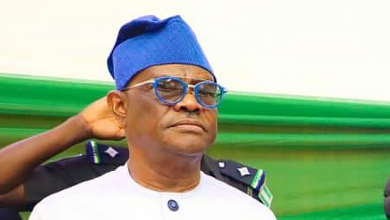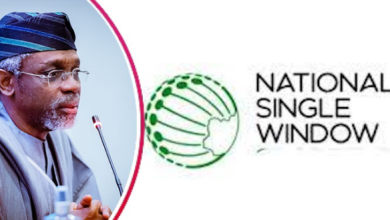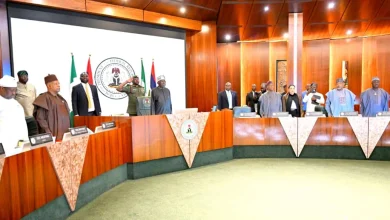BBC launches search for new DG amid President Trump controversy

The British Broadcasting Corporation (BBC) on Monday officially began the process of appointing a new director-general following the resignation of Tim Davie, which came in the wake of a controversial edit of U.S. President Donald Trump.
The edited footage, which aired earlier this year, appeared to suggest that Trump had encouraged violent action ahead of the January 6, 2021, Capitol riot.
The incident sparked a high-profile dispute with Trump, who has threatened to pursue a $5 billion lawsuit over the alleged defamation.
The BBC has publicly rejected the former president’s compensation demands.
Davie, along with BBC News chief Deborah Turness, stepped down on November 9 after Trump criticized the broadcaster, accusing its journalists of corruption.
The resignations came amid mounting scrutiny of the BBC’s editorial processes and its handling of sensitive political coverage.
The search for a new chief was formally announced on Monday, with the application deadline set for December 31.
The role was described in the advert as “one of the most important, high-profile public posts in the UK,” highlighting the significance of the director-general position in shaping the direction of the publicly funded broadcaster.
BBC Chairman, Samir Shah addressed a parliamentary committee on Monday, acknowledging the mistake but defending Turness’s decision to resign.
“Deborah Turness was right to step down over the error in her division,” Shah said.
He added that he had personally tried to persuade Davie not to resign, emphasising that the board maintained full confidence in the former director-general throughout the controversy.
Shah also admitted that the broadcaster should have acted more swiftly to acknowledge the editorial mistake following the leak of an internal memo to The Daily Telegraph earlier this month.
Meanwhile, Michael Prescott, the author of the leaked memo, told lawmakers that Trump’s reputation had “probably not” been significantly damaged by the incident.
The Trump legal team has argued that the BBC’s edited video gave a “false, defamatory, malicious, disparaging, and inflammatory” impression of the former president’s words outside the White House.
The case has drawn international attention, raising questions about editorial standards at one of the world’s most prominent public broadcasters.
The BBC, which is funded by a television licence fee in the UK, faces the dual challenge of restoring public confidence while managing the high-stakes legal and diplomatic fallout from the Trump dispute.



